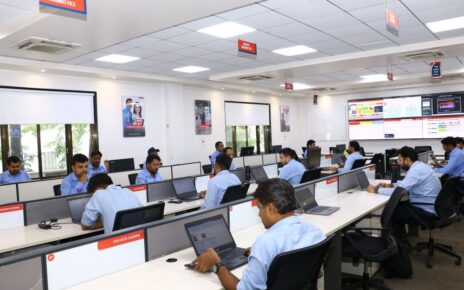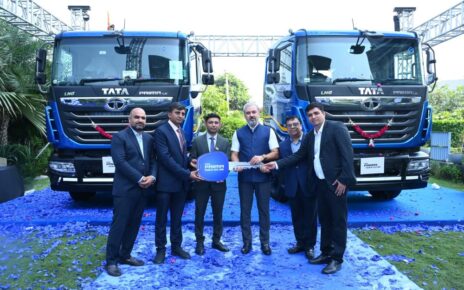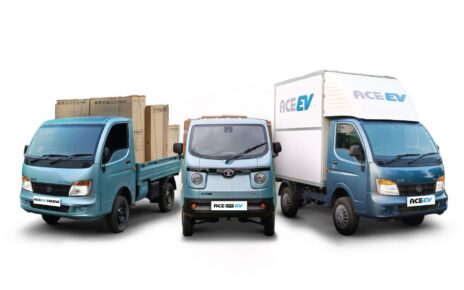In a candid conversation with Vipul Nanda, Chairman and Managing Director, Pallia Trans Logistics at his Gurgaon office, Rajesh Rajgor discovers how the company demonstrates the reinvention of a legacy business in a rapidly evolving logistics landscape. Blending operational scale with digital transformation and a strong sustainability ethos, Pallia is not just moving goods; it’s propelling the industry forward. With its sights set on warehousing, electric mobility, and integrated logistics, the company remains firmly rooted in its founding values of trust, innovation, and operational excellence.
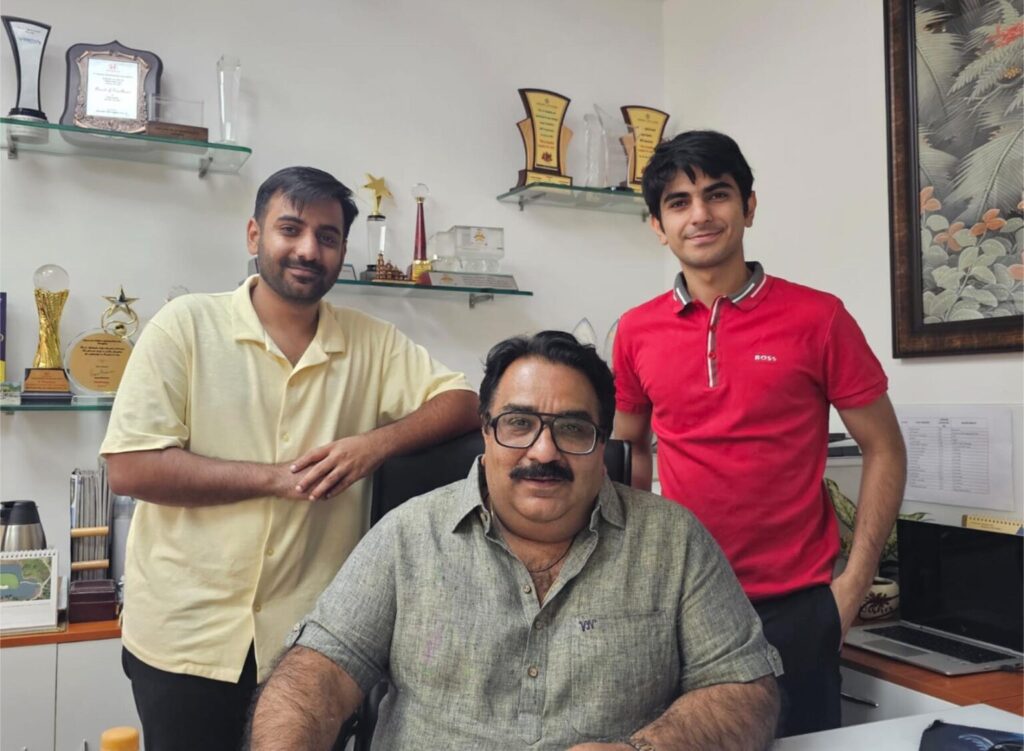
Pallia Trans Logistics Private Limited stands as a prime example of how legacy businesses can evolve with the times and lead through change. Established in 1961 with a humble beginning in agricultural transport, the company has grown into one of India’s most resilient automotive logistics specialists, operating a fleet of more than 600 vehicles across the country.
The CMD, believes the company’s strength lies in its ability to look ahead without losing sight of where it started. “Our legacy is not just about moving goods, but about moving forward; adapting, growing, and setting new benchmarks for the industry,” says, Nanda.
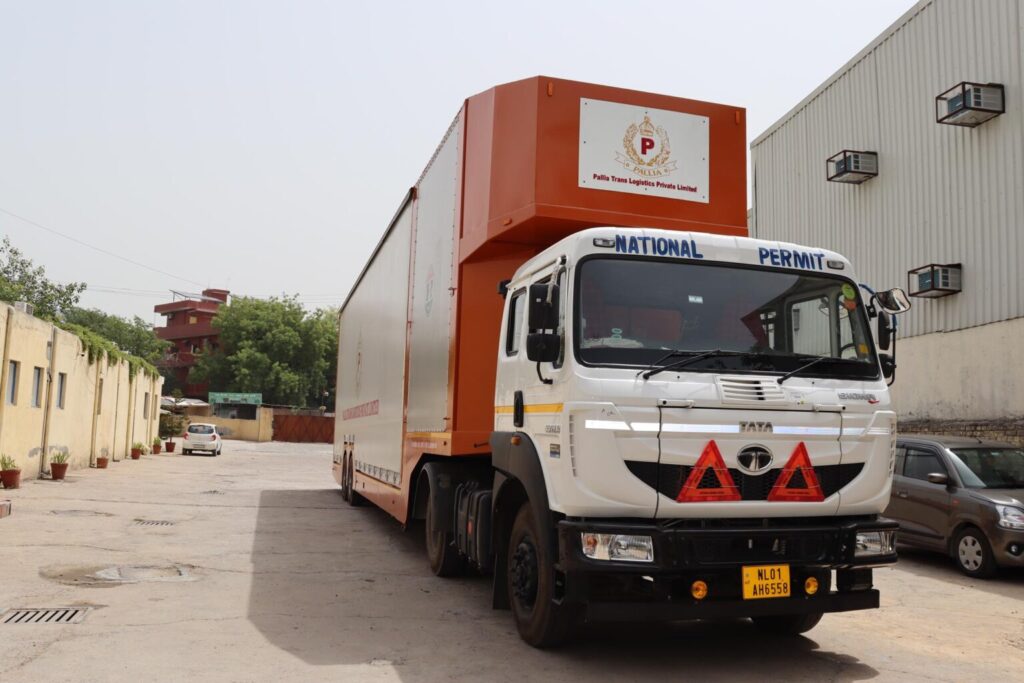
Over the past few decades, Pallia has not only weathered economic shifts and industry consolidation but has leveraged these changes to strengthen its own position. Once competing in a space with over a fifty active car carrier companies, Pallia today stands among the top few, having expanded strategically while others folded or scaled down.
“As the market consolidated, we saw an opportunity; not just to survive but to lead. We doubled down on service quality and made selective acquisitions that added scale without compromising standards,” he shares.
Fleet Strength and Key Milestones
The company’s fleet, a versatile mix of car carriers, truck carriers, tractor carriers, and rigid trucks, reflects Pallia’s close alignment with client needs and market trends. Each vehicle addition or replacement is data-driven, based on route economics, model lifecycle, and compliance from the stables of Tata Motors, Mahindra, Ashok Leyland and Volvo Eicher.

Behind the numbers is a carefully designed asset strategy. Pallia maintains a well-balanced mix of new and depreciated vehicles, financed in part through EMIs and in part through outright ownership; creating cost flexibility that few operators can match.
“This is a capital-intensive industry. We’ve learned that balancing EMI exposure with owned assets allows us to ride out both demand booms and slowdowns without stress-testing the business,” explains Nanda.
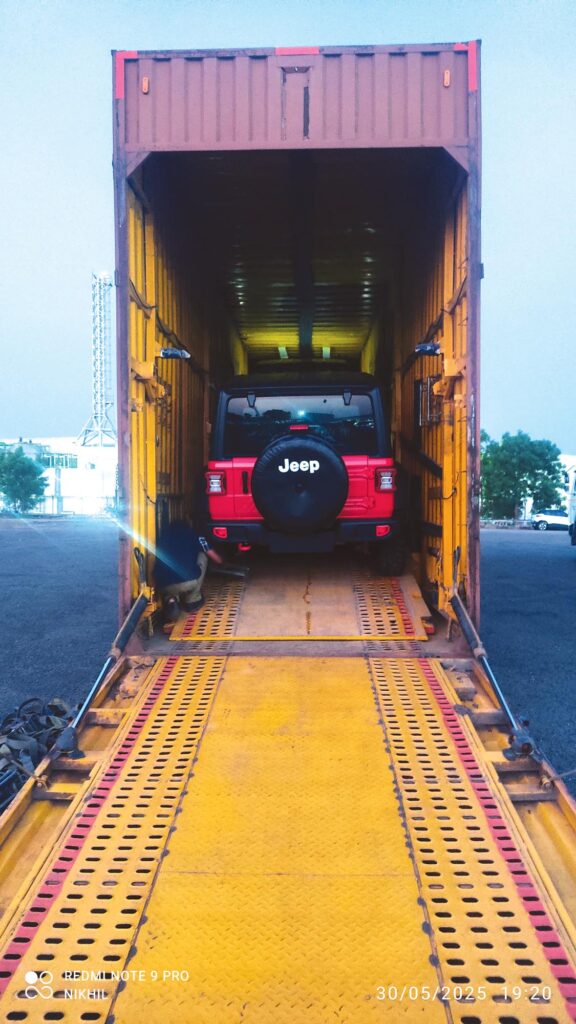
The company has also expanded its ecosystem through specialized verticals. Pallia M&A Global, its joint venture with MSA Global, focuses on last-mile container logistics at key Indian ports. Meanwhile, EEE Taxi, an all-electric mobility service, caters to sustainability-focused corporate clients like EY, Tata, Deloitte, and British Telecom.
“Our diversification is deliberate; each vertical serves a different market segment, but all operate with the same DNA: reliability, responsiveness, and long-term thinking,” Nanda adds.
Trends Shaping Indian Trucking and Logistics
The past few years have ushered in fundamental shifts in how logistics works in India. The implementation of the CMVR Act in 2016 introduced standardised trailer dimensions, improving road safety and increasing barriers for non-compliant operators. Pallia, with its robust compliance and certification systems, found itself on the right side of the curve.
“Compliance used to be a checkbox. Now it’s a competitive edge,” says Nanda. “Our ability to invest early in standards and documentation has helped us win trust from the biggest names in the auto industry.”
Environmental regulations have also pushed the sector toward more sustainable fleet operations. Pallia’s were among the first to begin replacing older diesel carriers with BS-VI-compliant models, especially in sensitive markets like the NCR. The company continues to explore LNG, CNG, and electric options, though cost and infrastructure challenges remain.
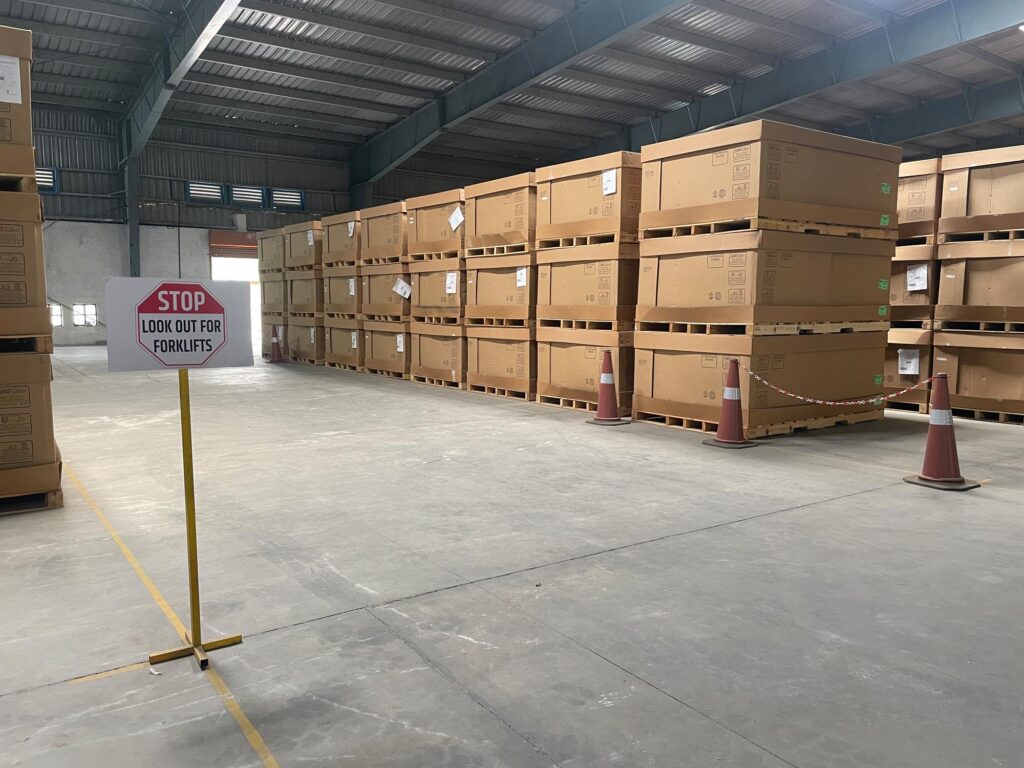
“We’re realistic about green fuels; we support them, but also understand the economic and operational hurdles. It’s about striking the right balance between aspiration and feasibility,” Nanda explains.
Technology, Digitalisation, and Sustainability
Technology has moved from being a value-add to becoming central to logistics execution. Pallia have implemented end-to-end GPS tracking, telematics, and RFID-based tyre pressure monitoring, all of which enhance both customer experience and operational safety. “Real-time visibility is no longer a premium feature; it’s an expectation. Clients want to track every move, and we’ve built that into our systems,” says Nanda.
These tech tools have also been instrumental in optimizing fleet efficiency. Route planning, preventive maintenance, and load configuration are now supported by data analytics, enabling faster turnarounds and lower costs. Combined with their flexible asset strategy, this has helped Pallia retain strong operating margins even as input costs rise. “Sustainability isn’t just about fuel type; it’s also about how efficiently you use your fleet. Every wasted kilometer is a cost to business and the environment,” Nanda adds.
Pallia’s commitment to green practices extends beyond trucks. With EEE Taxi, it offers an all-electric vehicle rental service that aligns with corporate ESG goals while opening new revenue streams. The venture reflects Pallia’s broader commitment to environmental responsibility and customer innovation.
Evolving Customer Expectations
As logistics has become more integrated with manufacturing and retail cycles, customer expectations have shifted significantly. OEMs now expect a partner who can not only transport vehicles but also manage yard inventory, offer real-time visibility, and customize load plans based on each model’s footprint. “Today’s clients want transparency, accountability, and speed; all bundled into a single SLA. The logistics partner of the past won’t cut it anymore,” says Nanda.
Pallia manage dedicated stockyards for clients like Jeep and Toyota, where confidentiality and efficiency are critical. It also collaborates closely with trailer fabricators to adapt designs for specific vehicle types, maximizing both load capacity and safety. “Every new car model demands a new trailer strategy. We don’t wait for clients to ask; we anticipate and build it into our offering,” he adds.
This forward-thinking approach has helped Pallia earn long-term contracts and build relationships that transcend transactional logistics. With most of its business coming from repeat clients, the company sees trust and service consistency as its biggest brand differentiators.
Opportunities and Challenges for Future Growth
Pallia is preparing for a new phase of growth, with warehousing and integrated logistics services expected to be key drivers. The company aims to increase warehousing’s contribution from its current 5 percent to nearly 17 percent over the next three years. The upcoming IPO is expected to provide capital support for this expansion.
“Warehousing isn’t just storage; it’s about inventory control, faster deliveries, and better end-customer experience. We want to build that capability in-house and offer it as a seamless solution,” says Nanda.
The truck carrier segment, particularly for EVs and alternative fuel vehicles, also presents an emerging opportunity. As OEMs increase their focus on green mobility, Pallia is positioning itself to handle the next generation of vehicles through modified carrier designs and scalable capacity.
However, the road ahead isn’t without challenges. The car carrier market is facing headwinds from rail-based transport and unpredictable demand patterns. Asset utilization remains a concern, especially when return loads are not guaranteed. “Logistics will always have moving parts; literally and figuratively. Our job is to build a model that’s flexible, asset-smart, and financially sound, regardless of external volatility,” Nanda explains.
Internally, the company is preparing for a smooth leadership transition. With Nanda’s sons Jishnu and Naman now actively involved as Directors, Pallia is aligning for long-term continuity without losing momentum. “The future belongs to those who innovate and adapt. With the next generation stepping up, I am confident Pallia will continue to set new standards in logistics,” he concludes.


